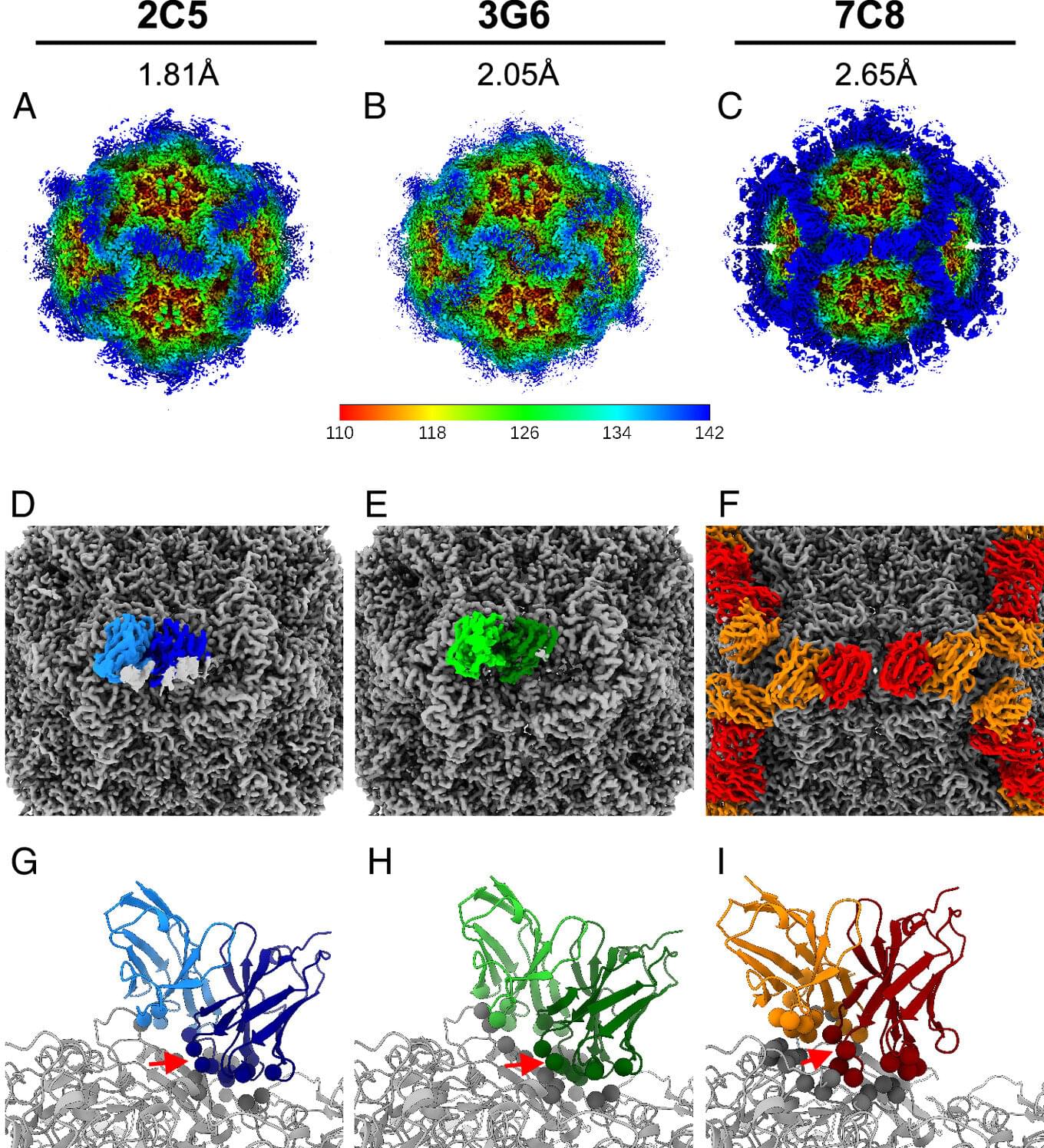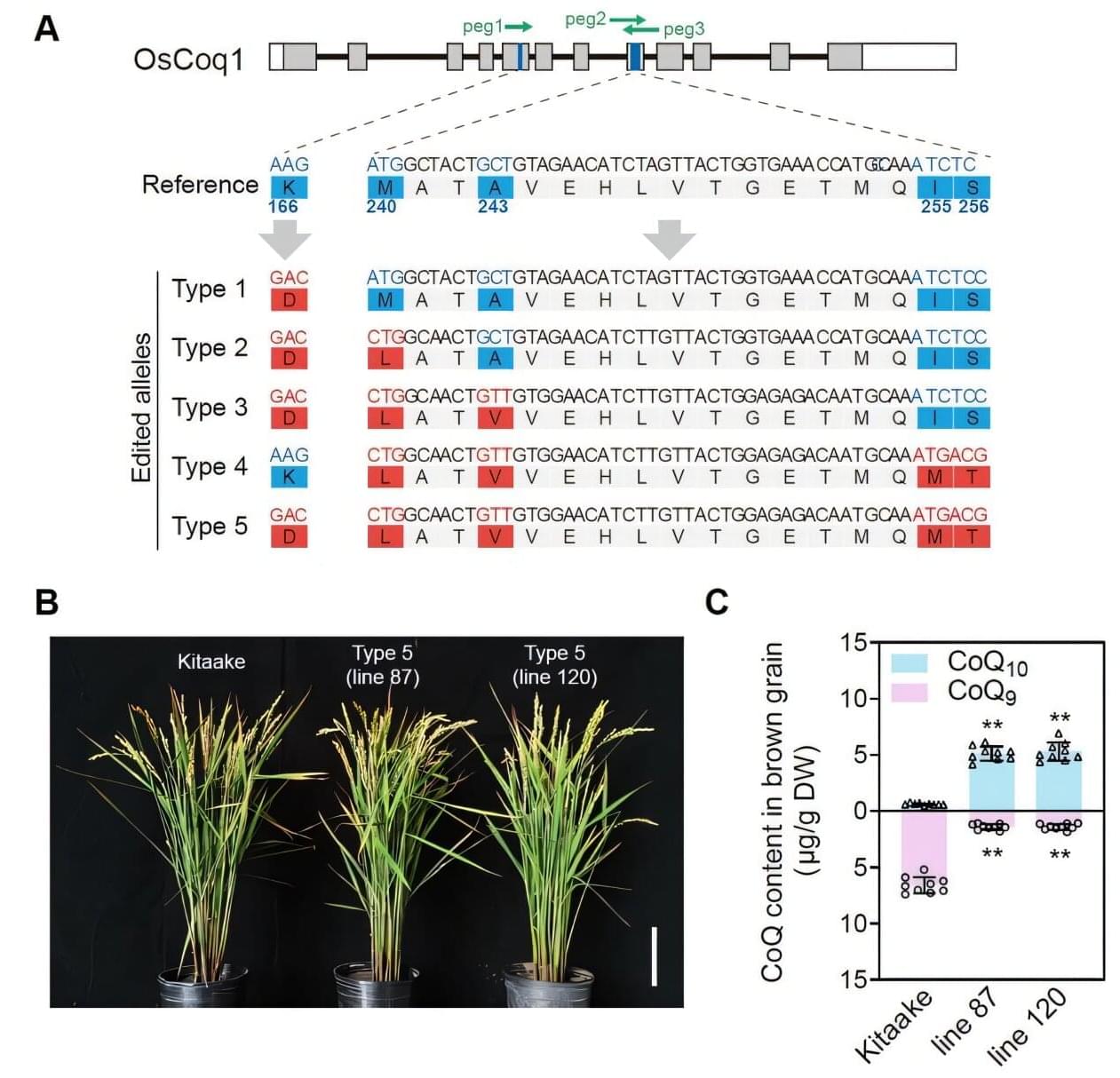W/ Dr. Emma Pierson of UC Berkeley.
Speakers: Emma Pierson, Cecile Tamura


Mitochondrial stress disrupts insulinInsulin is a hormone produced by the pancreas, crucial for regulating blood glucose levels. It helps cells in the body absorb glucose from the bloodstream and convert it into energy or store it for future use. Insulin production and action are essential for maintaining stable blood sugar levels. In people with diabetes, the body either does not produce enough insulin (Type 1 diabetes) or cannot effectively use the insulin it does produce (Type 2 diabetes), leading to elevated levels of glucose in the blood. This can cause various health complications over time, including heart disease, kidney damage, and nerve dysfunction. Insulin therapy, where insulin is administered through injections or an insulin pump, is a common treatment for managing diabetes, particularly Type 1. The discovery of insulin in 1921 by Frederick Banting and Charles Best was a landmark in medical science, transforming diabetes from a fatal disease to a manageable condition. tabindex=0 insulin production in diabetes, but reversing the damage may restore β-cell function.

In 1978, parvovirus—then common to cats—started infecting dogs in Europe. The virus spread quickly around the globe, killing hundreds of thousands of dogs, mostly puppies—until a team of Cornell researchers led by the late Leland “Skip” Carmichael developed a vaccine, the derivatives of which are still used today.
“It was really at the time a worldwide relief, a miracle,” said Colin Parrish, interim director of the Baker Institute for Animal Health, who joined Carmichael’s lab as a graduate student in 1980 and is now senior author of a new study that continues to advance our understandings of the virus and how the vaccine works.
The paper, published Feb. 14 in Proceedings of the National Academy of Sciences, shows how host antibodies bind to parvovirus and neutralize it. The findings shed light on fundamental interactions between viruses and their hosts, and open new doors for improving current vaccines and treatments for infected animals.

MIT researchers developed a new approach for assessing predictions with a spatial dimension, like forecasting weather or mapping air pollution.
Re relying on a weather app to predict next week’s temperature. How do you know you can trust its forecast? Scientists use statistical and physical models to make predictions about everything from weather to air pollution. But checking whether these models are truly reliable is trickier than it seems—especially when the locations where we have validation data don Traditional validation methods struggle with this problem, failing to provide consistent accuracy in real-world scenarios. In this work, researchers introduce a new validation approach designed to improve trust in spatial predictions. They define a key requirement: as more validation data becomes available, the accuracy of the validation method should improve indefinitely. They show that existing methods don’t always meet this standard. Instead, they propose an approach inspired by previous work on handling differences in data distributions (known as “covariate shift”) but adapted for spatial prediction. Their method not only meets their strict validation requirement but also outperforms existing techniques in both simulations and real-world data.
By refining how we validate predictive models, this work helps ensure that critical forecasts—like air pollution levels or extreme weather events—can be trusted with greater confidence.
A new evaluation method assesses the accuracy of spatial prediction techniques, outperforming traditional methods. This could help scientists make better predictions in areas like weather forecasting, climate research, public health, and ecological management.

Summary: A new study reveals how AI-driven deep learning models can decode the genetic regulatory switches that define brain cell types across species. By analyzing human, mouse, and chicken brains, researchers found that some brain cell types remain highly conserved over 320 million years, while others have evolved uniquely.
This regulatory code not only sheds light on brain evolution but also provides new tools for studying gene regulation in health and disease. The findings highlight how AI can identify preserved and divergent genetic instructions controlling brain function across species.
The study also has implications for understanding neurological disorders by linking genetic variants to cognitive traits. Researchers are now expanding their models to study the brains of various animals and human disease states like Parkinson’s.
Join us on Patreon! https://www.patreon.com/MichaelLustgartenPhD Timestamps are pinned belowDiscount Links/Affiliates: Blood testing (where I get the majorit…

A major cybersecurity incident has exposed sensitive personal, medical and financial records of more than half a million Americans.
In a data breach notification, the Office of the Maine Attorney General says the California-based non-profit organization NorthBay Healthcare Corporation experienced an external system breach affecting 569,012 Americans.
In a notice sent to affected people, NorthBay Health says an unauthorized entity gained access to the firm’s computer systems between January 11th, 2024 and April 1st of the same year.


A team of Chinese scientists has used targeted gene editing to develop rice that produces coenzyme Q10 (CoQ10), a vital compound for human health.
Led by Prof. Chen Xiaoya from the CAS Center for Excellence in Molecular Plant Sciences/Shanghai Chenshan Research Center and Prof. Gao Caixia from the Institute of Genetics and Developmental Biology of the Chinese Academy of Sciences (CAS), the researchers used targeted gene editing to modify just five amino acids of the Coq1 rice enzyme, creating new rice varieties capable of synthesizing CoQ10.
The study is published in Cell.

Researchers from Mass General Brigham and collaborating institutions have developed a non-invasive approach to manipulate cardiac tissue activity by using light to stimulate an innovative ink incorporated into bioprinted tissue. Their goal is to develop a technique that can be used to repair the heart. Their findings in preclinical models, published in Science Advances, show the transformative potential of non-invasive therapeutic methods to control electrically active tissues.
“We showed for the first time that with this optoelectronically active ink, we can print scaffolds that allow remote control of engineered heart tissues,” said co-corresponding author Y. Shrike Zhang, Ph.D., of the Division of Engineering in Medicine at Brigham and Women’s Hospital, a founding member of the Mass General Brigham health care system. “This approach paves the way for non-invasive light stimulation, tissue regeneration, and host integration capabilities in cardiac therapy and beyond.”
Three-dimensional bioprinted tissues composed of cells and other body-compatible materials are a powerful emerging tool to repair damaged heart tissue. But most bioprinted tissues cannot generate the necessary electrical activity for cellular function. They must instead rely on invasive wire and electrode placement to control heart activity, which can damage body tissues.